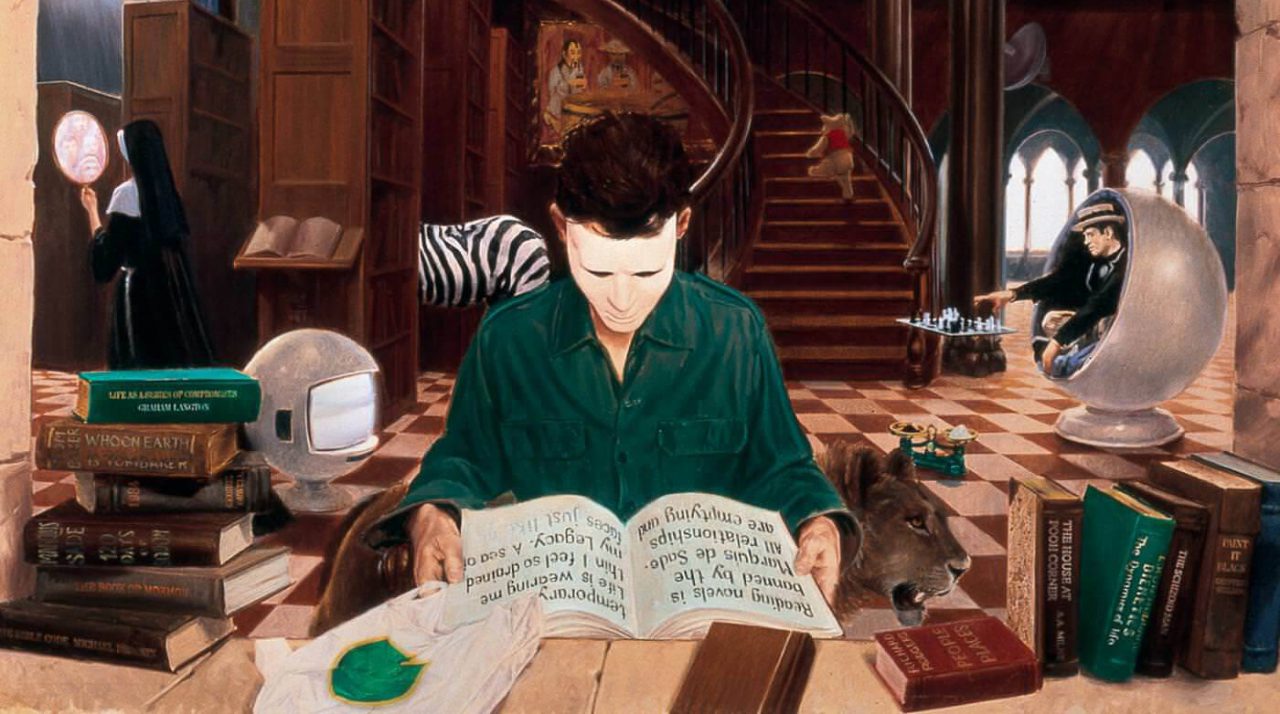In the grim darkness of the far future, the Imperium’s methods of faster-than-light travel are dependent on Navigators – gene-tailored mutants who, in stark contrast to the Imperium’s usual policies, enjoy the status of powerful aristocrats due to the essential service they provide. For a Navigator has a third eye, with which they can see into the Warp – and through this means, guide ships by the light of the Astronomican produced by the Golden Throne on Terra, and avoid the terrible threats of the Warp.
House Brobantis is a Navigator house – and its leader, the Novator Lord Azariel, has died in a terrible accident. His widow, Lady Chetta, having carefully arranged that accident, is returning to the House’s headquarters on the trade world of Vorlese, a hub of one of the major Warp routes to Holy Terra itself, in order to seek selection as the new Novator by the House’s elders, confined as they are to the Vaults due to their advanced state of decrepitude and mutation.
However, Chetta is not the only one heading to Vorlese; an agent of Chaos has come to the world, plotting to cast the entire place into the Warp – throwing an entire wing of the Imperium into disarray. To accomplish his evil goal, this menacing figure needs the assistance of local cultists, the special powers the Chaos Gods have conferred on him… and the harvested eyes of Navigators.

Rites of Passage by Mike Brooks might well the the first Warhammer 40,000 novel to do a deep dive on the Navigators, but it does an excellent job of fleshing out the intricate political machinations within House Brobantis, between Brobantis and other Houses, and between the Houses and the rest of the Imperium. Can one smell a whiff of Dune influence here? Yes, but that’s honestly inevitable given the subject matter; if you’re not up for extensive riffing on ideas from other science fiction franchises, Warhammer 40,000 really isn’t going to be your cup of tea anyway.
Brooks isn’t just departing from tradition when it comes to making his protagonist a Navigator, mind. Chetta is a woman (not unknown as far as 40K lead characters go but not common), explicitly mentioned as being dark-skinned (which puts her in contrast to much of the rest of the House she has married into and a wide swathe of Warhammer 40,000 lead protagonists), and is most of all old. She’s getting mobility issues, and these impact her over the course of the novel – especially in the climactic sequence in which the action shifts from tense power politics to an emergency intervention to prevent planetary disaster.
There’s other flavours of representation here – a planetary governor who uses ve/vem pronouns, an Administratum clerk who is in a gay marriage – but whilst passing mention of diversity is good to establish a world where a range of people exist as the norm, breaking out of the narrow mould of “badass military/Inquisitor dude” for Warhammer 40,000 protagonists is even better because it suggests that the stories of a wider range of people are worth telling in the first place.
That isn’t to say that Brooks has any especially utopian take on the Imperium, mind – it’s still an authoritarian cesspool in his interpretation of the setting, which is as it should be. Another thing I really enjoyed about the book is the depiction of the rank and file Chaos cultists; the main operative of the Ruinous Powers shows no qualms about the fact that he’s latching onto these people’s desperate hopes, born out of persecution and marginalisation, and shamelessly exploiting them for the sake of an end goal which will do absolutely nothing for them. Parallels to radicalisation processes in the real world are evident.
My only real criticism of Rites of Passage is that it spends its first two thirds or so setting you up to expect a lot of intricate power politics, but then its last third sees all of that brushed aside in favour of the high-action stop-the-big-ritual plot. The plotlines from the earlier part of the book do at least get somewhat satisfying conclusions – but if you wanted a book which focused exclusively on high-stakes power politics rather than flashy fights and action sequences, which is what the earliest movements of the novel might imply, this won’t quite scratch that itch.
